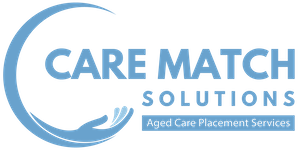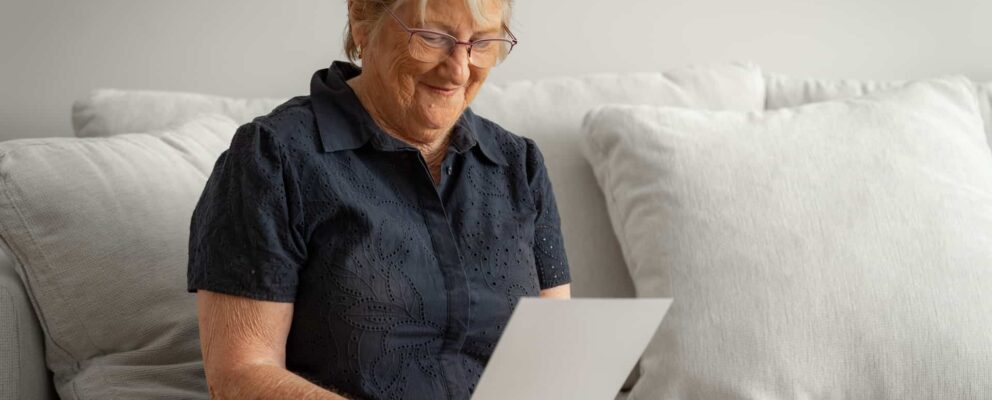Australia’s Higher Everyday Living Fee (HELF) comes into effect from 1st November 2025 replacing the current Extra Service Fees and Additional Services Fees provided in an Aged Care Home. It is an optional fee that aged care residents can pay to receive additional services. These upgraded services may include special activities, more meal options, or added amenities.
This new model replaces the older fee models for “luxury” aged care services with more transparent, fair, and regulated options.
With so many aged care billing changes to navigate, I know families face immense confusion and stress.
My goal is to help families navigate aged care fee changes and costs with confidence and guidance. In this blog, I’ll break down Australia’s Higher Everyday Living Fee (HELF) into clear terms, outlining what it is, when it takes effect, and how it will affect residents.
Quick Summary
- The Higher Everyday Living Fee (HELF) applies to new residents entering care from 1 Nov 2025
- Under the Higher Everyday Living Fee (HELF),the current model of Extra and Additional service fees are being phased out
- Australia’s Higher Everyday Living Fee (HELF) is an optional fee that aged care residents can pay to receive additional services, such as upgraded amenities
- HELF cannot be agreed before a person enters care or be a condition of entry to an Aged Care Home
- HELF is not mandatory, and residents must be willing to pay for the extra services without pressure
- The higher everyday living fee includes transparent agreements, no double charging, clearer billing, an annual review, a cooling-off period, and other protections for residents.
- HELF is intended to help families gain greater transparency and clarity, and fewer hidden costs
- Existing residents who have Extra and Additional Services will continue to under the current model until 31 Oct 2026
Why the Change Is Happening
Australia’s older pricing models included “Extra service” and “Additional Service” agreements. This model was often confusing, inconsistent, and frustrating for many families navigating aged care services.
The Higher Everyday Living Fee model aims for fairness, transparency, and increased consumer rights.
Learn more about aged care standards in Australia here: What Are the Standards in Aged Care?
What the Higher Everyday Living Fee Covers
The Higher Everyday Living Fee applies to services that go beyond the basic standards required by aged care homes.
Examples of extra services or upgraded amenities that HELF can cover include:
- Additional meal choices and premium dining options
- Lifestyle extras
- Entertainment
- Wellness programs
- Special activities
The Higher Everyday Living Fee covers these additional services, not the accommodation itself.
Additional services must be documented and clearly outlined in a written agreement. These upgraded services or amenities are completely optional.
Learn more about aged care billing changes and what HELF covers here: Higher everyday living, additional and extra service fees | Australian Government Department of Health, Disability and Ageing
Key Protections for Families
HELF includes key protections for families and consumers. The new rules are intended to help families face fewer hidden costs and more clarity and transparency.
Under HELF agreements, protections for families include:
- 28-day Cooling-Off Period: Providers must comply with a 28-day cooling-off period for HELF, which allows residents to cancel or vary their HELF services within this time period without a cancellation fee
- Voluntary Choice: Residents must agree to pay for extra services willingly and without pressure. People cannot be asked to pay for a service which they cannot or will not use. HELF cannot be a condition of entry to an Aged Care Home
- Annual Review: HELF includes a CPI-linked annual review to ensure the resident still wants and uses any additional services. The cost of services can only be increased in line with indexation.
- Increased Transparency: Itemised, transparent agreements are required by providers. These written agreements must clearly outline the cost of each higher service desired by the resident. Details such as the frequency of the additional service and how the fee will be charged will be outlined in the agreement.
Agreements must be readily understandable and written in plain language and cannot be offered until after a resident moves in. Providers are prohibited from charging for services prior to having an agreement in place.
- Mandatory Disclosure Requirement: Providers are required to give residents a fact sheet and a clear, full breakdown of fees before entering into an agreement.
- Right to Cancel: The higher everyday living fee includes the right to cancel with notice. The normal notice period is 28 days.
- No Double Charging: Providers cannot charge old fees and new HELF fees for the same services
How the Changes Affect Current and Future Residents
HELF replaces the Extra Service Fee and Additional Service Fee, which were frequently deemed confusing and inconsistent. The Higher Everyday Living Fee aims to introduce more structure and consumer protection for additional aged care services.
Starting 1 November 2025, providers can only enter into HELF agreements. Agreements regarding additional services can no longer be made. Existing agreements regarding extra services can no longer be modified after this date.
- Current Residents (before 1 Nov 2025): Existing agreements are valid until 31 Oct 2026. Following this they can choose to transition to HELF.
- New Residents (after 1 Nov 2025): Residents will only enter HELF agreements instead of older structures.
Higher Everyday Living Fee Aged Care Breakdown
| Aspect | Before 1 Nov 2025 | After 1 Nov 2025 |
| Service Fees | Additional / Extra Service Fees | Higher Everyday Living Fee (HELF) |
| Agreement Availability | Allowed until 31 Oct 2025; end by 31 Oct 2026 | New agreements only under HELF |
| What’s Included | Lifestyle extras; varies by provider | Lifestyle extras only (not accommodation, care, or clinical services); luxury aged care services or additional goods beyond standard care requirements, such as social outings or entertainment |
| Consumer Protections | Limited | Cooling-off period, annual CPI review, clear opt-in agreements, increased pricing transparency, right to cancel |
| Impact on Current Residents | Existing agreements continue until Oct 2026 | Can switch to HELF if they wish but not required |
Other Fee Changes Under the New Aged Care Act
Other fee changes under the new aged care act focus on “rights-based” care.
Some of the changes under the New Aged Care Act:
- RAD retention (up to 10% over 5 years)
- Introduction of Hotelling Supplement Contribution (HSC) and Non-Clinical Care
- Contribution (NCCC)
Learn more about Australia’s Aged Care Reform: Understanding Australia’s New Support at Home Program
How We Can Guide You Through the Higher Everyday Living Fee Aged Care Changes
HELF will replace older fee models for extra and additional services, with the goal of increasing transparency and consumer protection. I’m glad to see changes being implemented that focus on patient rights. However, I know these aged care billing changes can be intimidating and difficult to understand.
This is one of the reasons I started Care Match Solutions. I’m here to be your trusted partner in confidently navigating these changes. I want you to have time to focus on your loved one and the best care for them, rather than worrying about billing or fee changes.
Care Match Solutions can help compare providers’ HELF options, review contracts, navigate costs, and guide families through the transition.
My goal is to reduce stress in the decision-making process and help you feel confident in your aged care choices.
If you’re feeling uncertain about the new higher everyday living fee in aged care, you don’t have to face it alone. Reach out to us today and let us guide you through the changes with clear, honest advice and tailored support for your family.






